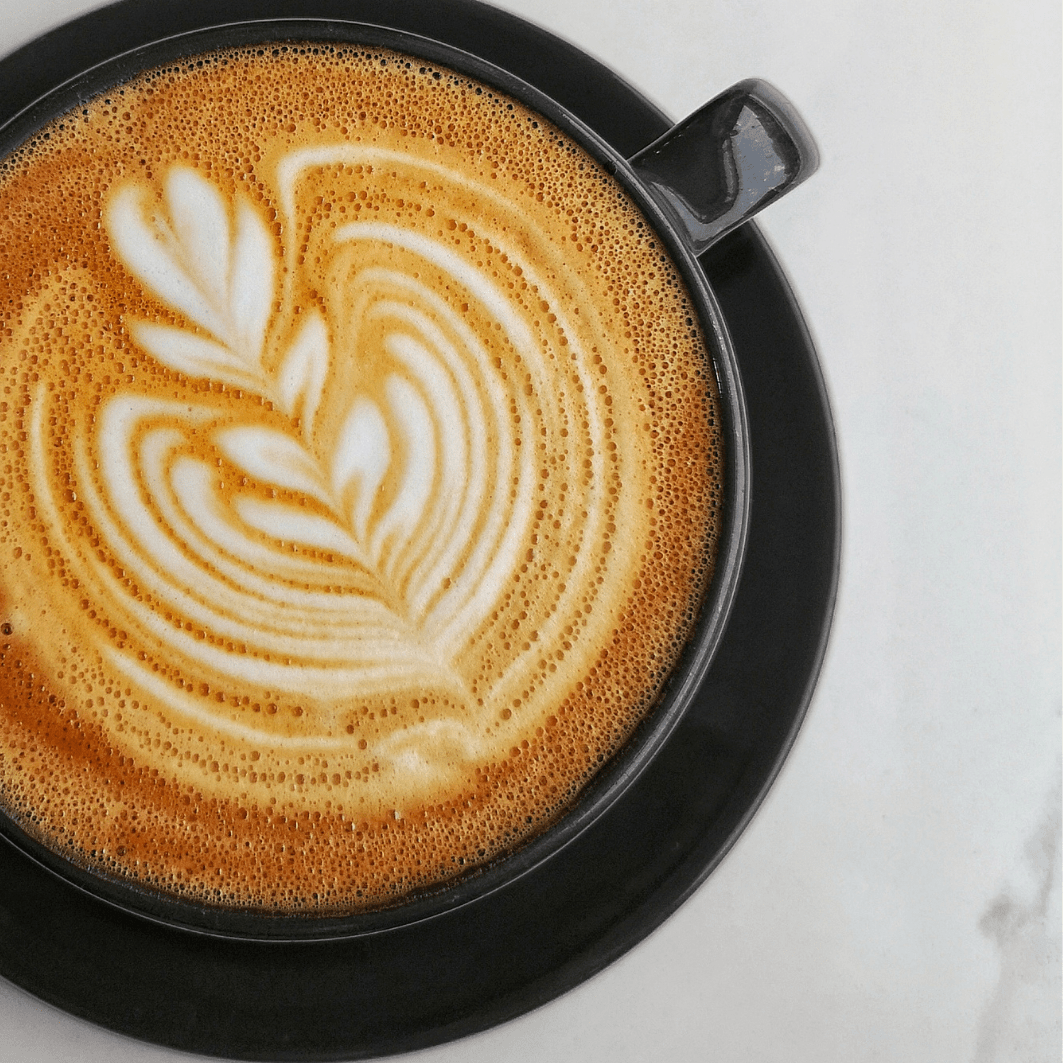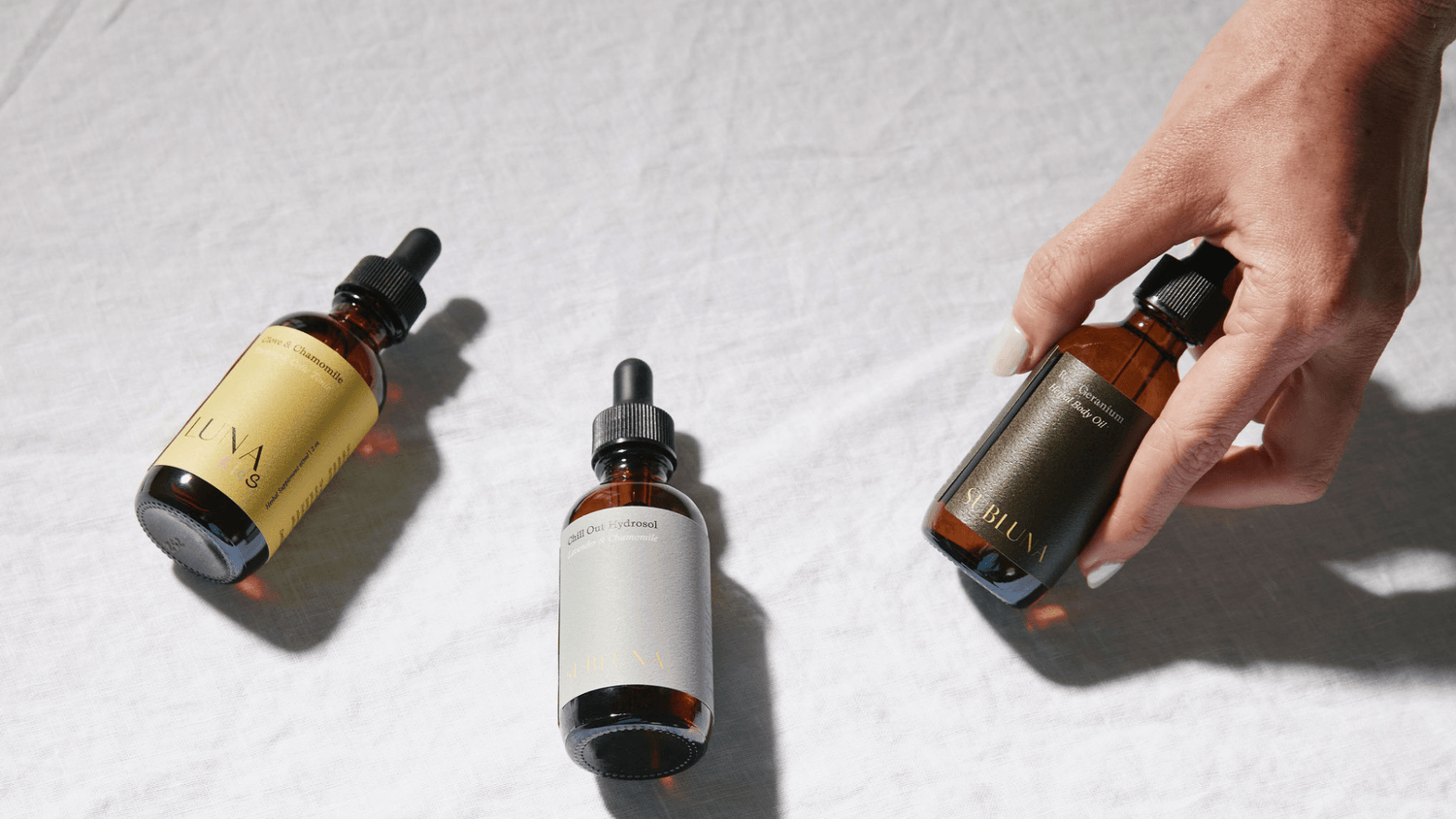Natural Remedies for Mucous and Congestion Relief
When illness strikes, it’s tempting to reach for quick fixes like over-the-counter meds to ease symptoms like congestion. However, that quick relief can sometimes extend the illness itself. Herbalists see symptoms like coughing, sneezing, and congestion as part of the body’s natural healing process. Instead of suppressing these responses, we aim to support the body’s efforts to heal more effectively.
In this guide, we’ll explore natural methods to manage mucous and congestion, from hydration to herbal expectorants, giving your body the tools it needs to move through illness quickly and efficiently.
Why Does Your Body Produce Mucous?
Believe it or not, your body produces mucous all the time, even when you’re feeling well. Mucous acts as a protective layer in the respiratory system, trapping pathogens and preventing them from reaching deeper areas of the lungs. When you’re sick, your body ramps up mucous production to fight infection.
However, thick, stagnant mucous can lead to congestion, discomfort, and even secondary infections. The goal is to keep mucous thin and flowing freely to ensure it’s moving out of the body efficiently.
Step 1: Hydrate for Mucous Relief
The first defense against thick mucous is proper hydration. Drinking water, herbal teas, broths, and using steam all help thin out mucous, making it easier for the body to expel.
Steam is particularly effective. Try creating a steam room effect by running a hot bath and closing the bathroom door. Inhale the steam to help loosen mucous. Boiling water on the stove to humidify the air can also provide relief. Breastfeeding mothers may find that nursing their congested child in a steamy room can help improve breathing and also encourage dehydrated children to take in more liquids.
Step 2: Herbal Allies to Relieve Congestion
Once hydrated, certain herbs can help open airways and promote mucous flow. Here are some favorites for easing that “stuffed” feeling:
- Relaxing & Hydrating Expectorants
- Mullein: A soothing herb for the lungs that clears mucous gently without overstimulation.
- Elderflower: This hydrating herb softens mucous, making it easier for your body to expel.
- Aromatic Salves
- Using herbal salves can open up airways and make breathing easier. Try applying a salve like our “Breathe Easy” blend before sitting in a steamy bathroom or near a humidifier for a deep, aromatic respiratory boost.
Step 3: Warming Herbs to Stimulate Mucous Flow
Once mucous is thinned and flowing, warming expectorants can help move it out of the body. Here are some powerful warming herbs:
- Elecampane: This strong expectorant stimulates mucous flow while also fighting off pathogens. Its warming properties help push mucous out, while its antimicrobial qualities guard against further infection.
- Pine Family Herbs (Spruce, Fir, Pine): Known for their potent warming and expectorant properties, these coniferous herbs promote mucous flow and clear congestion.
- Culinary Herbs: Ginger, garlic, cayenne, turmeric, black pepper, thyme, sage, and oregano add flavor to broths or teas and provide heat that aids mucous expulsion.
- Horseradish & Mustard: These pungent herbs offer immediate relief from congestion with their powerful heat.
Step 4: Preventing Secondary Infections
Thick, stagnant mucous creates an environment where bacteria can thrive, raising the risk of secondary infections. Specific herbs can help prevent this:
- Elecampane: Besides stimulating mucous flow, elecampane’s antimicrobial properties help prevent bacterial infections in congested areas.
- Usnea: This immune-boosting lichen is especially effective for secondary respiratory infections, making it a valuable ally during congestion.
Recap: Natural Congestion Relief
- Hydration: Keep mucous thin and flowing with water, herbal teas, broths, and steam.
- Steam Therapy: Use steam to hydrate and loosen the respiratory system.
- Herbal Expectorants: Mullein and elderflower help relax and hydrate, while warming herbs like elecampane, ginger, and garlic encourage mucous flow.
- Infection Prevention: Incorporate antimicrobial herbs like elecampane and usnea to guard against secondary infections.
By supporting your body’s natural defenses rather than suppressing them, you can recover faster and avoid complications. Working with your body’s innate healing abilities lets it heal more efficiently, providing relief in a natural, balanced way.



